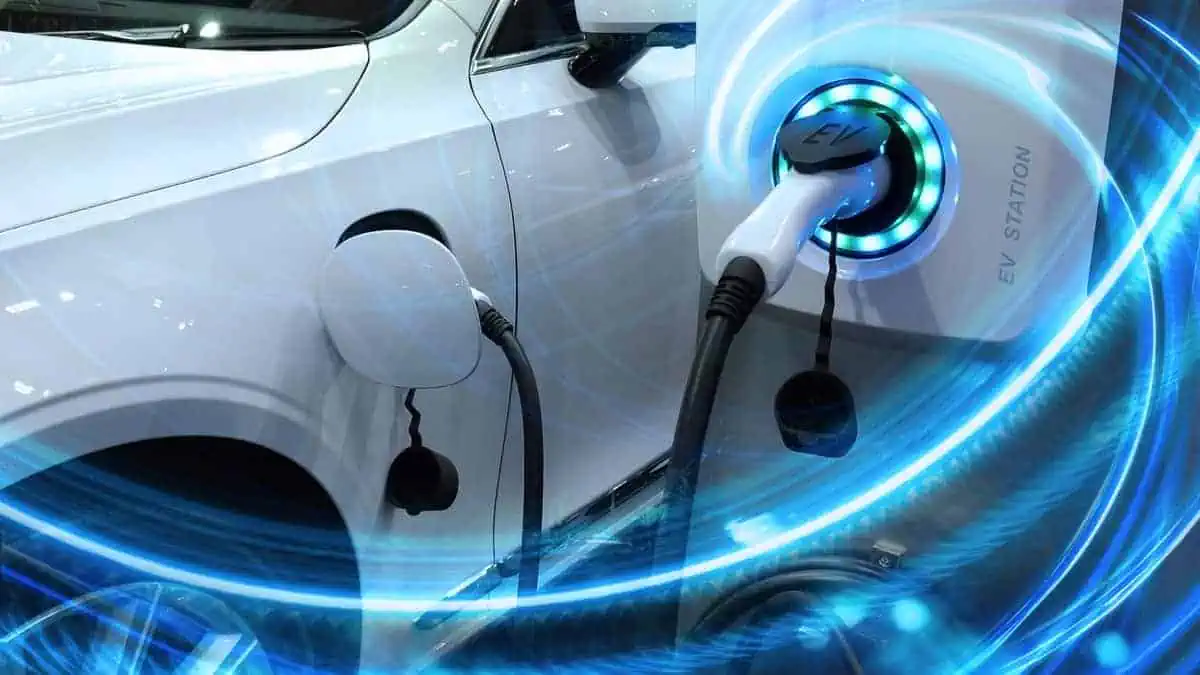NIO pleasantly surprised the automotive space in February, achieving relatively solid electric vehicle sales and a high year-over-year growth rate.
The Chinese premium EV start-up’s overall deliveries hit 12,157 units last month, up 98 percent from the previous year.
The vast majority of NIO sales are made in China, as noted by the report.
Such a monthly outcome in February and following Tesla’s price cuts (which impacted many competitors) is encouraging.
NIO also reports that crossover/SUV sales were 5,037 units (down 18% year on year). In comparison, electric sedan sales were 7,120 units (new models). NIO no longer provides a breakdown of the individual models.
NIO’s EV deliveries – February and YTD
Last month’s NIO EV deliveries:
- 5,037 crossover/SUVs (EC6, ES6, EC7, ES7, ES8) (down 18% year on year)
- 7,120 for sedans (ET5, ET7) (new)
- Total: 12,157 (an increase of 98% yearly)
As of now, NIO delivered over 20,000 electric vehicles, a 31% increase over last year.
Year-to-date NIO EV deliveries:
- YTD: 7,227 crossover/SUVs (EC6, ES6, EC7, ES7, ES8) (down 54% year on year).
- Sedans (ET5, ET7): 13,436 YTD (new)
- Total YTD: 20,663 (an increase of 31% YoY).
NIO sold more than 122,000 electric cars worldwide in the first 12 months of 2022. It sold 310,219 electric vehicles (the 300,000th car was produced on December 12).
It should be noted that NIO is transitioning from the NT 1.0 platform (EC6, ES6, ES8) to the new NT 2.0 platform (ES7 in Europe, known as EL7, ET5, ET7, new ES8, and EC7 from May).
According to Chinese media, NIO is discounting some older NT 1.0 models.
NIO also reports that as of February 28, its battery swap station network included 1,331 stations and approximately 350 fast charging facilities (1,261 individual stalls).
Additional 1,000 battery swap stations in 2023
The plan is to add 1,000 more battery swap stations in 2023, bringing the total to over 2,300 by the end of the year.
The battery swap facility is used for long-distance travel and advancing vehicles from one battery capacity to another.
CnEVPost reported that NIO is currently inviting customers in China to upgrade from a 70-kWh or 75-kWh battery to a 100-kWh unit at a reduced price.
NIO owns the batteries in this business model, while users pay a monthly fee to use their cars.






